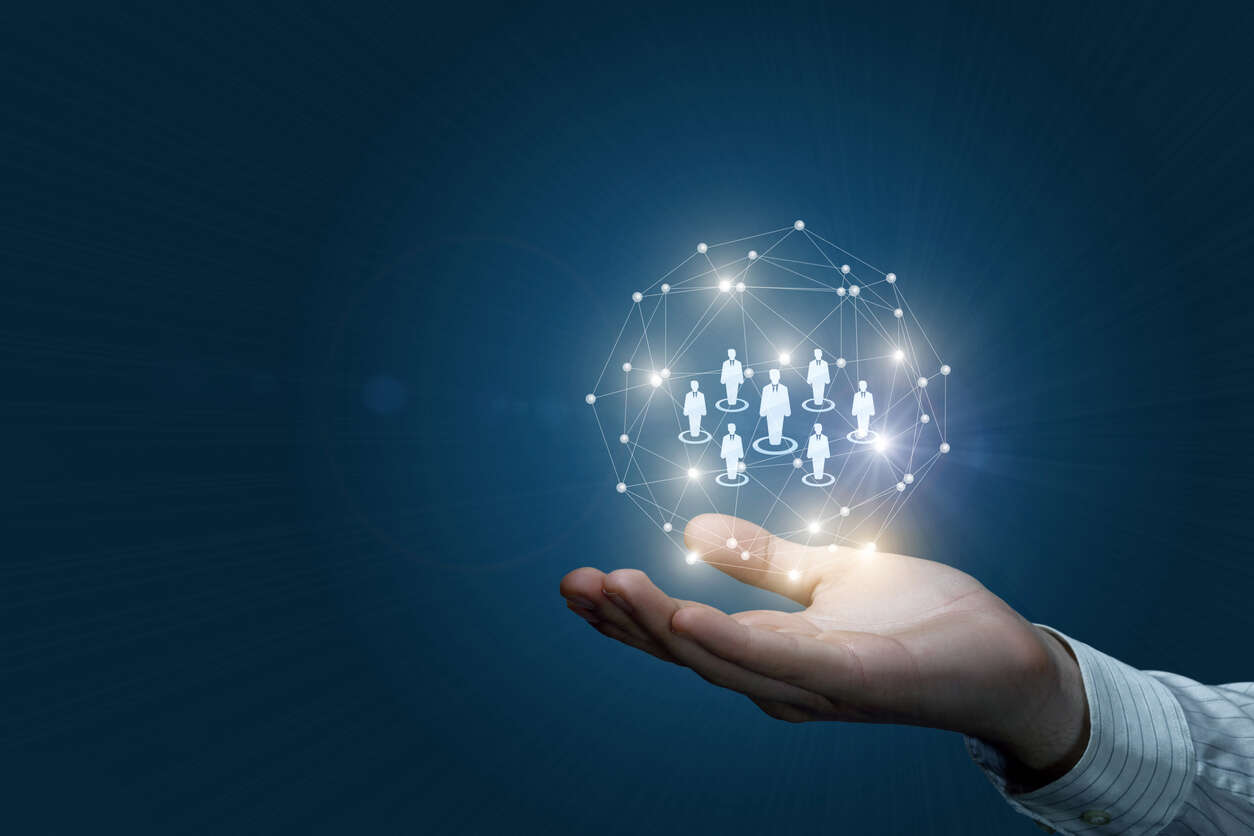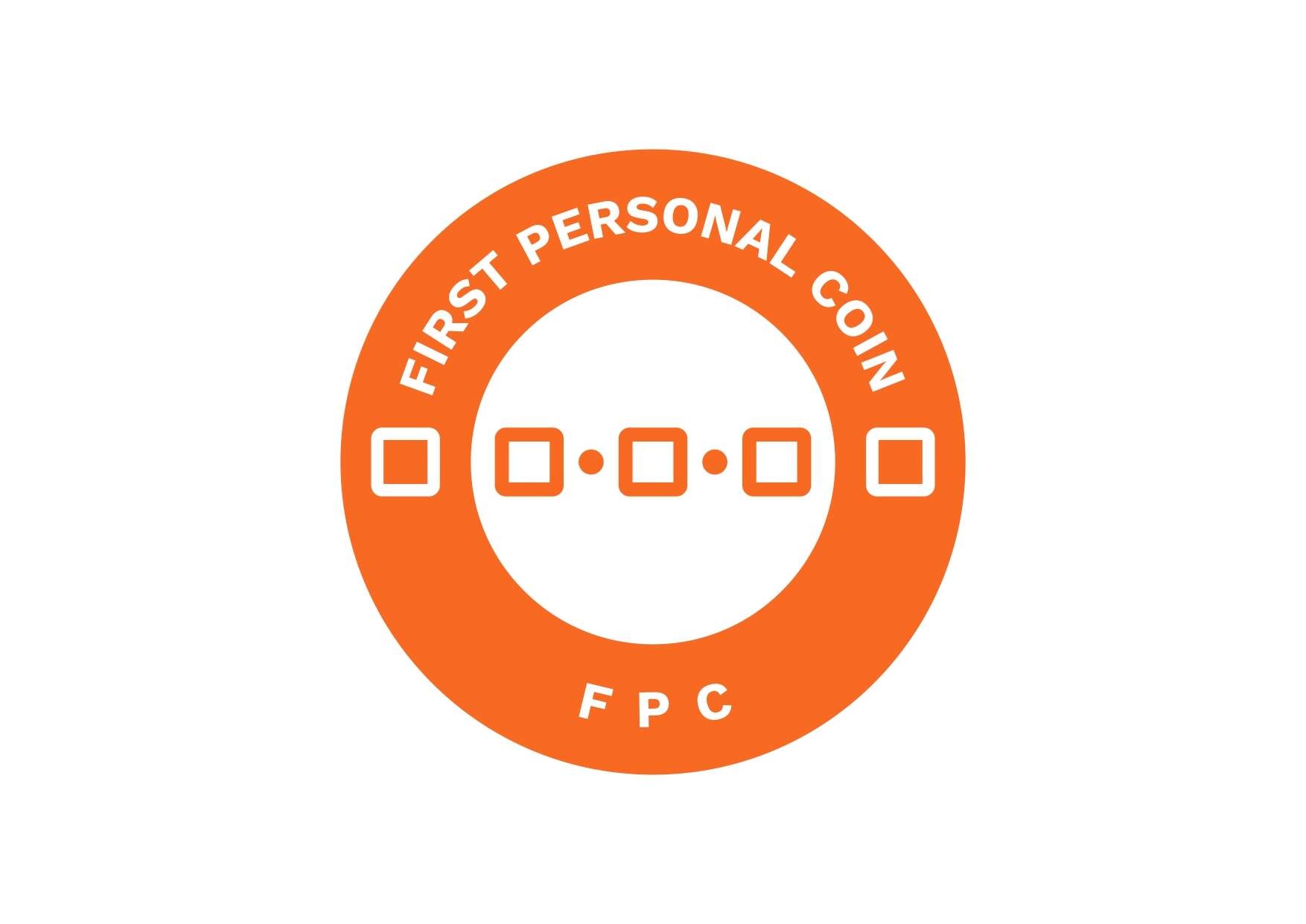An overview about the benefits of decentralised governance
Gli esseri umani sono entrati nell'era DAO e tutto questo non può essere evitato.
— Stephenson, il padre del Metaverso
Ognuno ha la propria interpretazione di cosa sia una DAO, ma tutti condividono una logica comune: i membri votano con token e i codici open source eseguono automaticamente i risultati delle votazioni. Questo sistema affidabile elimina l'errore umano e i membri possono gestire le finanze della comunità come un collettivo.
Nel prossimo Metaverso, le DAOs potrebbero essere al centro dei modelli di governance, poiché restituiscono al pubblico il potere normativo e di governance, promuovendo il completo decentramento del Metaverso.

Cos'è la governance decentralizzata?
L'attività economica è stata tradizionalmente organizzata tramite società, persone giuridiche in grado di stipulare accordi e controllare la proprietà. Questi accordi e beni comuni sono gestiti attraverso un sistema di governo societario dove i funzionari esecutivi controllano le operazioni quotidiane rispondendo al consiglio di amministrazione, che a sua volta riferisce agli azionisti.
Al contrario, la governance decentralizzata, si riferisce a quadri per la gestione dell'azione collettiva e delle risorse comuni al di fuori del sistema legale esistente.
- "Decentralizzata” non significa che tutte le DAO debbano essere completamente decentralizzate! Potremmo invece aspettarci di vedere gradi diversi di decentralizzazione nelle varie DAOs.
Perché abbiamo bisogno dei DAOs?
- Trasparenza
La trasparenza è la chiave delle DAOs. Rispetto alle organizzazioni tradizionali, le DAO offrono meno ambiguità. Le DAOs eliminano l'errore umano e la manipolazione dei fondi che, purtroppo, accade spesso.
Poiché il bilancio della DAO esiste su una blockchain pubblica, i membri possono capire cosa è successo a ciascuna transazione e assicurarsi che i fondi vengano utilizzati per lo scopo per cui sono stati raccolti.
Pertanto, la comunità può controllare spese, finanziamenti, l'adempimento dei piani e altro ancora.
- Mitigare il rischio
La governance decentralizzata conferisce il potere direttamente ai possessori di token, rimuovendo i team esecutivi che potrebbero diventare obiettivi di censura, manipolazione o corruzione. Affidarsi al codice per l'esecuzione degli accordi riduce anche la dipendenza da sistemi legali esterni.
- Open source
Può facilitare la cooperazione e la sovrapposizione tra diversi tipi di parti interessate del sistema. I luoghi di discussione sono in genere aperti a "tutti", offrendo ai possessori di token e alla comunità l'opportunità di condividere i propri pensieri.
- Efficienza
La natura tecnologico-centrica delle DAOs può anche aiutare ad automatizzare compiti banali utilizzando smart contract che potrebbero liberare ulteriormente il tempo dei dipendenti per lavori più critici e creativi.
- Un vantaggio globale
Le organizzazioni tradizionali e le normative che le governano spesso limitano la capacità di un individuo di entrare a far parte di imprese al di fuori del paese in cui si trova. D'altra parte, le DAOs hanno un facile accesso globale e una barriera all'ingresso inferiore. Sono progettate per l'accesso a chiunque da qualsiasi parte del mondo e supportano operazioni pseudonime.
Quando dovresti dire "no" a una DAO?
Il fatto che gli smart contract siano autosufficienti con una fiducia incrollabile nel potere della blockchain, ha portato a credere che non sia necessario creare un’entità legale di supporto, e, con le logiche differenze tra ordinamenti, potrebbero essere riconsiderate società di fatto.
Come conseguenza, i loro membri, potrebbero essere esposti congiuntamente alla responsabilità personale per tutte le azioni e i debiti della DAO.
La recente azione della Commodity Futures Trading Commission contro Ooki DAO ha creato alcune preoccupazioni nella comunità sul percorso che le autorità di regolamentazione potrebbero intraprendere nei confronti delle DAOs.
Solo un quadro normativo coerente può fornire la certezza giuridica necessaria affinché le DAO prosperino senza essere ostacolate da incoerenze normative e lacune.
